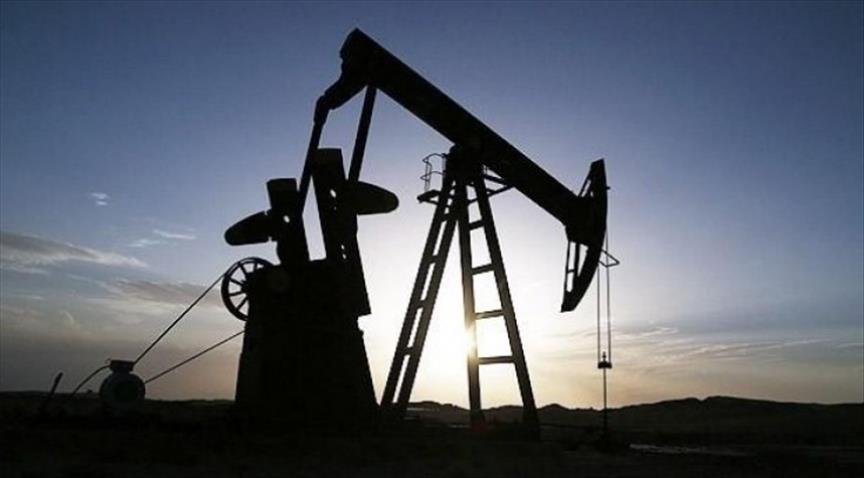The U.S.' Environmental Protection Agency announced Thursday that hydraulic fracturing, also known as fracking, does not pose a direct threat to drinking water supplies in the country.
After five years of research, the Environmental Protection Agency (EPA) study concluded that fracking, the process that helped the U.S. energy revolution, has no widespread systematic impact on drinking water supplies, U.S. media reported.
With hydraulic fracturing, the U.S. managed to produce oil and natural gas from shale formations underground, and increased its output volumes tremendously since 2008.
EPA's decision is a major blow to U.S. President Barack Obama's recent attempts to regulate fracking on public lands, and especially to environmentalist groups that have stood against fracking, claiming it is harmful to underground water supplies.
Hydraulic fracturing uses pressurized water and chemicals that are pumped into geological formations underground in order to extract oil and natural gas trapped in source rock formations.
However, EPA's study found some 'potential vulnerabilities' in the fracking technique, where pressurized compounds had reached water supplies in some incidents.
The U.S. has increased its domestic oil production significantly since its shale revolution in 2008. In 2009, crude oil production in the country exceeded 5 million barrels a day on average. In Dec. 2014, the U.S. produced almost 9.4 million barrels of crude per day.
According to the U.S.' Energy Information Administration, gross withdrawals of natural gas totaled 26 trillion cubic feet (736 billion cubic meters) in 2009, while this amount rose to almost 32 trillion cubic feet (906 billion cubic meters) in 2014.
By Ovunc Kutlu
Anadolu Agency
ovunc.kutlu@aa.com.tr


